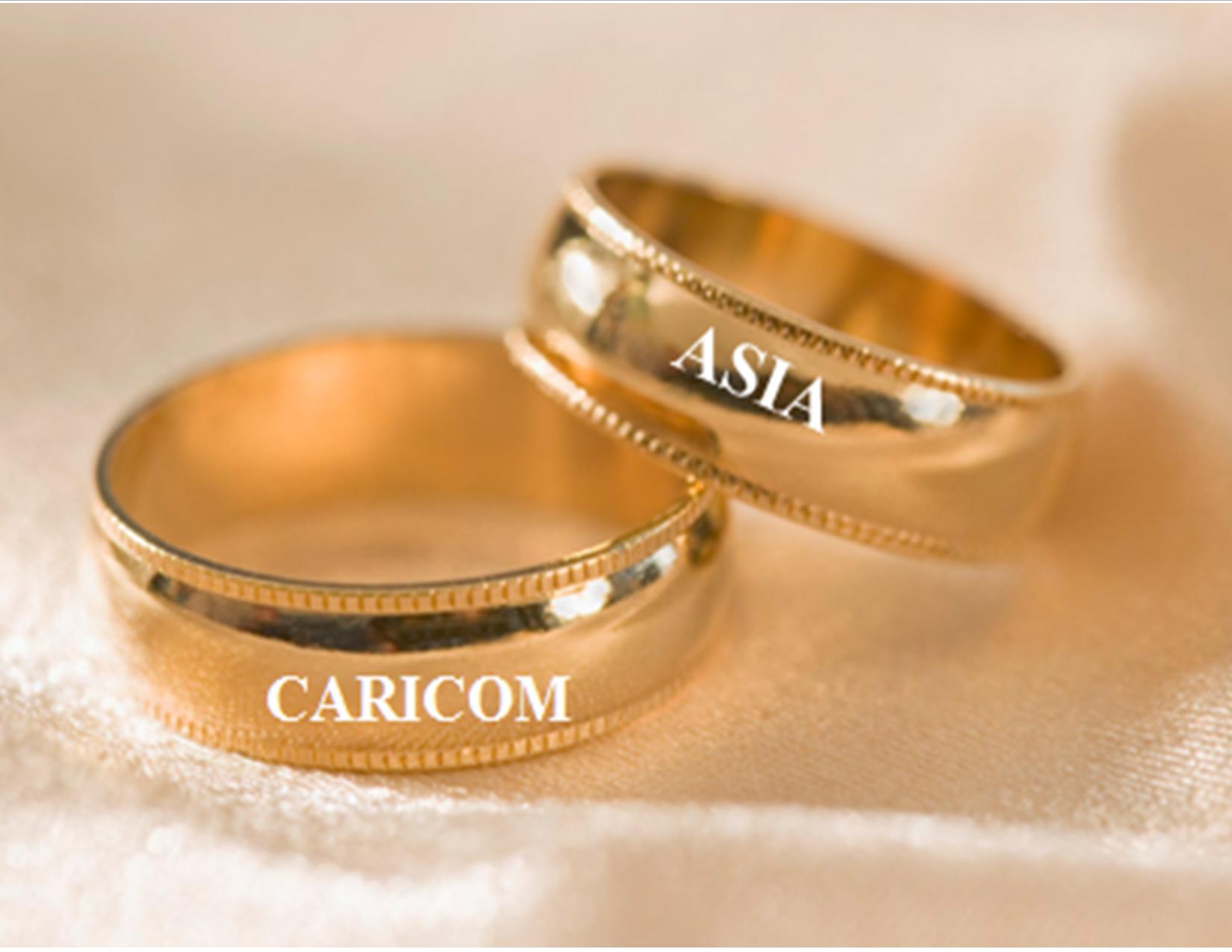"Carib-Asia engagement: to be, or not to be?"
August 1 It is high time for the Caribbean to fully exploit the relationship it has with Asian countries in order to explore other pathways to a brighter future, writes Latoyaa Roberts, 25, a Correspondent from Trinidad and Tobago.
It is high time for the Caribbean to fully exploit the relationship it has with Asian countries in order to explore other pathways to a brighter future, writes Latoyaa Roberts, 25, a Correspondent from Trinidad and Tobago.
Caribbean trade and development aid is primarily linked to historical colonial powers such as the United Kingdom, and geostrategic considerations with the United States of America and Canada.
Within recent decades however, there has been a shift in quintessential world powers due to globalization, stimulating the Caribbean region to seek new alliances.
The reality is that there are significant benefits to being a part of the global community because there is constant movement of goods and services across borders daily.
The Caribbean has had interactions with the East from the colonial era through the Chinese and Indian Diaspora presence in pockets throughout the region. The interaction between these two regions in the 21st century should not be limited to residues from relations contrived through our previous colonial masters, but should now reflect a new paradigm for international cooperation and development built on premises of mutual economic development and exchange, developing trade and bilateral relations and bridging cultural diversity to create a “Carib-Asia” era of partnership and growth which is mutually beneficial.
There are enormous transformations underway in Asia. The continent’s rapid rise can be attributed to fast-growing economies, a proliferation in bilateral agreements and treaties as well as accession in international organizations and population dynamics. The power that Asia wields cannot be ignored because its presence as a region has already gained profound attention in international debates.
Many Asian countries are rapid newly-industrialized countries (NIEs) that are making significant attempts to combat the traditional model of growth purported by Northern countries. They have been successful in their growth models thus far, for example the Asian Tigers – China and India. The Caribbean region has been faced with lack of growth, failing industries and deficiencies in innovation. If we are looking for a new way forward, then it is practical to review the successes of the Asian Tigers or lessons learnt from India and China. We can focus on their successes while customizing such approaches to suit the needs of our peculiar domestic climate in the Caribbean.
One may argue that our smallness in size and disparity in resources has hindered the region’s outreach in global affairs. However, it is evident that the Asian community has engaged Caribbean countries, as seen by the presence of diplomatic missions since the 1960s. The Caribbean has fostered diplomatic and political engagement between the two regions by hosting the Japan-CARICOM Ministerial forums from 1993 to present, with 2014 being dubbed Japan-CARICOM friendship year. There is also the Korea- Caribbean Ministerial meeting which has been held from 2001 to present. Additionally, the region has hosted Asian heads of state including the recent visit of Chinese president Xi Jinping to Trinidad and Tobago.
The Asian region has numerous prospects for the “Carib-Asia engagement” whilst the Caribbean is still undecided. Some islands view China as a threat, while others perceive the opportunities present in the continual growth of Asian economies. The way forward appears opaque because of the volatility of the world and the fear of Caribbean counties to avail themselves of emerging opportunities. I purport that that continual diplomatic engagement and bilateral partnership will propel the Caribbean-Asia experience.
It is clear that Asia offers the Caribbean opportunities to learn valued lessons. The Caribbean has usually lobbied and sided with its traditional partners on issues ranging from human rights, trade, and environmental problems to international peace. In spite of existing relations, Caribbean countries can initiate new conversations with emerging players in world issues. Such initiatives should be done strategically and precisely to ensure that we do not substitute one master for another, but rather become fully immersed in all discourse.
photo: ctvnews.cn
…………………………………………………………………………………………………………………
About me:
The world is my oyster and I love exploring it. My best exploration thus far was as an English teacher in Japan, frequently visiting other Asian countries. Now, I am a Secondary School English teacher in my country but in the future I want to become a Communications Specialist for an international organization.
My first degree is in Communication Studies with Linguistics and International Relations. I also obtained a M.Sc in Global Studies and I am currently pursuing a M. Phil International Relations.
…………………………………………………………………………………………………………………
Opinions expressed in this article are those of the author and do not necessarily represent the views of the Commonwealth Youth Programme. Articles are published in a spirit of dialogue, respect and understanding. If you disagree, why not submit a response?
To learn more about becoming a Commonwealth Correspondent please visit: http://www.yourcommonwealth.org/submit-articles/commonwealthcorrespondents/
…………………………………………………………………………………………………………………




